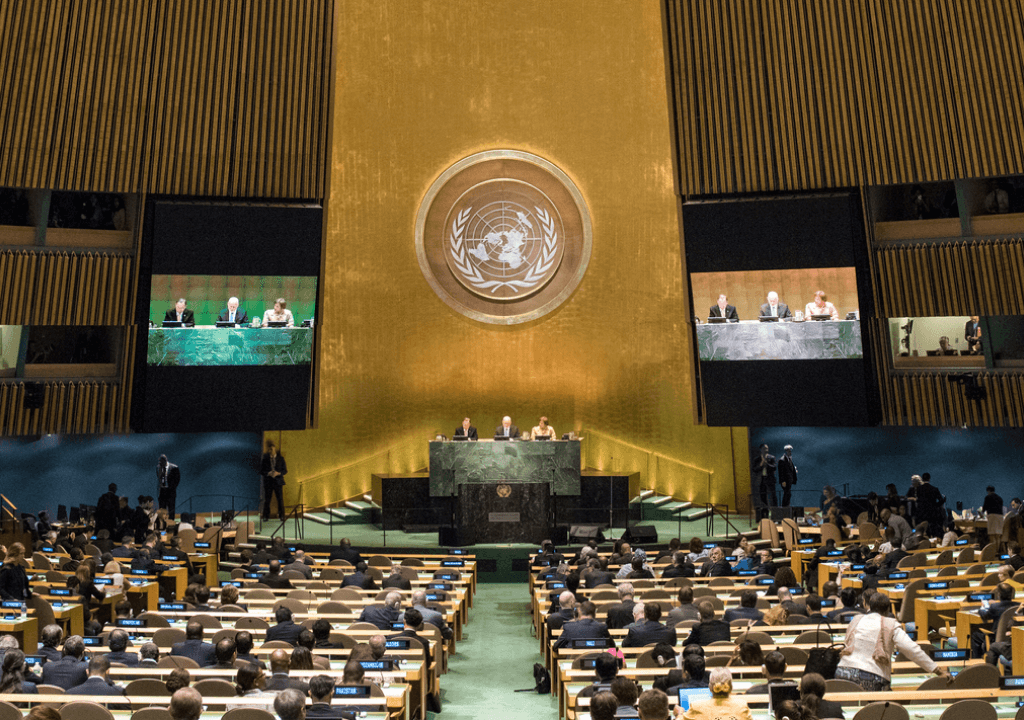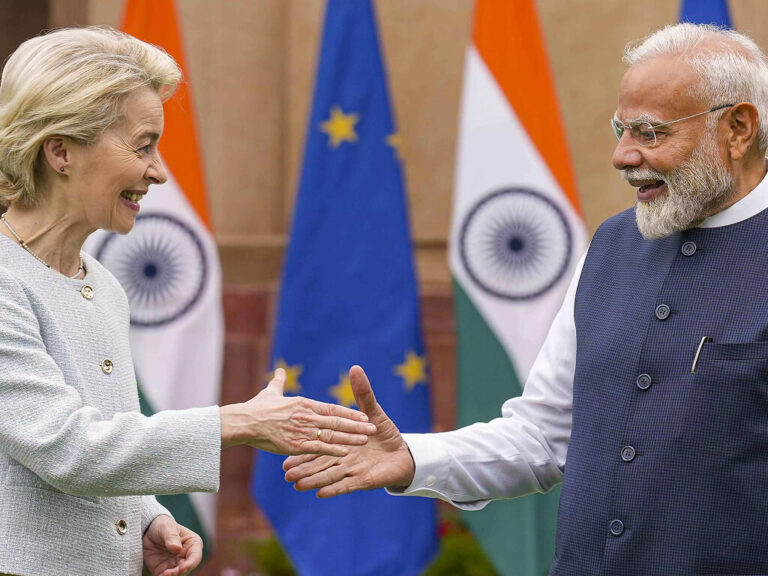The United States faced a critical decision amid the worsening situation in Gaza, with escalating retaliatory actions leading to a humanitarian crisis. Despite feeling powerless to halt the violence, the US initially contemplated vetoing the UN Security Council’s call for a ceasefire in Gaza during the Israel-Hamas conflict. However, it ultimately chose to abstain from the vote. The resolution passed unanimously, leaving Israel significantly isolated on the international stage. The chamber erupted in cheers upon the ratification of the ceasefire resolution, indicating widespread support for peace efforts.
After vetoing three previous resolutions, the United States found itself at the center of attention once again as the United Nations Security Council convened on Monday to push for an immediate ceasefire in Gaza, especially during the remaining weeks of Ramadan. In a surprise move, as no one expected, The resolution finally received the green light after the Biden administration withdrew its veto threat, choosing instead to abstain from the vote. This decision marked a notable shift in the US’s diplomatic approach towards Israel, albeit temporary. With the conflict’s grim toll revealing over 32,000 lives lost, mostly women and children, and more than 75% of Gaza’s population displaced, the urgency for the resolution became undeniable. Interestingly, on the same day the US refrained from vetoing the UN ceasefire vote, allowing its passage, the Biden administration also affirmed that Israel hadn’t breached international law or hindered humanitarian aid to Gaza’s residents, despite ongoing concerns.
The US continues to remain firmly committed to its partnership with Israel while juggling allegiance with a more sophisticated understanding of its behavior. The Biden administration has chosen to believe Israel’s assurances throughout the conflict, even in the face of strong evidence suggesting possible violations of international law.
It’s quite notable how swiftly the US adopted this position, especially considering that just a week prior, the UN’s foremost authority on food security had issued a dire warning about an imminent famine in northern Gaza. This area, housing 1.1 million individuals – almost half of Gaza’s population – is grappling with severe malnutrition and acute food shortages. Despite consistent alerts raised by humanitarian organizations and UN officials since December, shedding light on Israel’s deliberate policies exacerbating starvation in Gaza and the looming famine threat, the Biden administration has largely overlooked these concerns.
Israeli Prime Minister Benjamin Netanyahu conveyed strong displeasure regarding the Biden administration’s choice not to veto the latest UN resolution. In a retaliatory move, he called off a planned visit by a high-level Israeli delegation to Washington later that week. This delegation, consisting of Israeli military, intelligence, and humanitarian officials, aimed to discuss alternatives to a potential ground invasion of Gaza’s southern city of Rafah, where over a million Palestinians have sought refuge. Despite persistent warnings from the US, Netanyahu remains resolute in his intentions for a military intervention in Rafah, disregarding the grave consequences for civilians.
However, Netanyahu tempered some of his frustration towards Biden by refraining from recalling Israeli Defense Minister Yoav Gallant, who is currently visiting Washington. Gallant advocates for expediting the processing of a substantial arsenal of US weapons requested by Israel. These include thousands of bombs and other munitions crucial for Israel’s ongoing conflict in Gaza, as well as more advanced weaponry like new F-35 and F-15 fighter jets and Apache attack helicopters, which have extended production timelines.
Netanyahu’s strategic response – simultaneously resisting US pressure regarding civilian protection in Rafah while persistently seeking additional American weaponry – captures the intricate dynamics of the US-Israeli relationship under the Biden administration. It underscores a reality that the Biden administration has sought to downplay: the ongoing violence in Gaza heavily relies on deep complicity and support from the United States.
White House spokesperson John Kirby clarified that the UN vote didn’t signal a shift in US policy, but it did indicate a notable divergence between the Biden administration and the Israeli government. This resolution marked a long-awaited display of international solidarity on the Gaza issue, especially given the dire humanitarian situation, with over 32,000 reported Palestinian casualties, thousands missing, and UN agencies warning of an impending famine.
Meanwhile, in Washington, Israeli Defense Minister Gallant reiterated Israel’s commitment to continue fighting until the release of hostages held in Gaza. “We cannot morally justify halting the conflict while there are still hostages in Gaza,” Gallant stated ahead of his initial meeting with US National Security Adviser Jake Sullivan. He cautioned that a lack of a decisive victory in Gaza could escalate tensions and potentially lead to conflict in the northern regions.
Israel’s desire for retaliation is understandable, as they prioritize the safety of their innocent citizens and seek to reclaim hostages, including women and children, held by the terrorist organization Hamas. While their actions may be justified in this regard, the operation to eradicate terrorism and rescue hostages has tragically resulted in the deaths of over 30,000 Palestinian individuals and left many others facing famine. Regardless of the reasons behind support for Hamas or the celebration of violence against Israelis, Israel’s response has unfortunately led to the loss of innocent lives as well.
The United States, often seen as the big brother or father figure to Israel, has typically been protective and overlooked its actions. However, it’s a hopeful sign that, for the first time in recent history, the father figure isn’t making excuses for the son’s misdeeds. At Least some people hope that abstaining from voting on the UN resolution will pave the way for peace in Gaza and the release of all captives held by Hamas.








